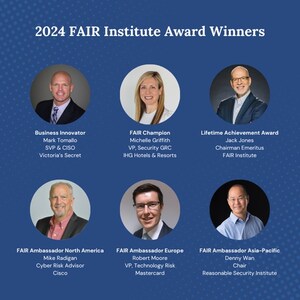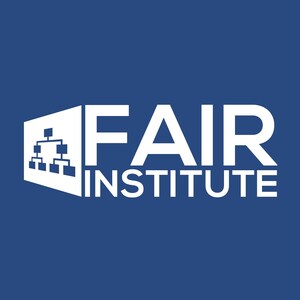Supreme Court Finds No Federal Conflict with Arizona Laws Protecting Legal Workers
Ruling Gives Green Light for Other States to Implement E-Verify
WASHINGTON, May 26, 2011 /PRNewswire-USNewswire/ -- In a forceful decision that has broad implications for immigration enforcement at the state level, the United States Supreme Court today upheld the Arizona Legal Workers Act. Passed in 2007, the Act has two major components: (1) it requires Arizona employers to use the federal E-Verify system; and (2) it allows Arizona to suspend and/or revoke the business licenses of employers who knowingly hire illegal aliens. The Chamber of Commerce filed a lawsuit in 2007 seeking to strike down the Arizona law, arguing that both provisions were preempted by federal law. However, in today's 5-3 decision in Chamber of Commerce v. Whiting, 563 U.S. __ (2011), the Supreme Court rejected each one of the Chamber's arguments and held that Arizona's law is constitutional.
In the majority opinion, the Court unmistakably concluded that the enforcement scheme of the Arizona Legal Workers Act is expressly permitted by federal statute and furthers Congressional intent that our immigration laws be enforced. "Arizona's procedures simply implement the sanctions that Congress expressly allowed Arizona to pursue through licensing laws," the Chief Justice wrote. "Arizona went the extra mile in ensuring that its law closely tracks IRCA's provisions [the 1986 federal immigration law] in all material aspects." The Court further rejected the Chamber's argument that the Arizona licensing scheme was preempted as having "no basis in law, fact, or logic…."
Dan Stein, President of the Federation for American Immigration Reform (FAIR) said, "Today's decision once and for all clarifies that states may require employers to use E-Verify and allows them to sanction employers if they knowingly hire illegal aliens. With this opinion, the Supreme Court has dealt a game-changing blow to special interests that have misused federal preemption claims to impede meaningful immigration enforcement at the local level."
"The court decision affirms our belief that federal law does not preclude immigration enforcement by states and localities, and that immigration enforcement should be a collaborative effort in which states and localities work together in the enforcement of federal immigration laws," Stein continued. "The only thing this decision 'pre-empted' was the U.S. Chamber of Commerce's strong-armed tactics to intimidate local lawmakers from trying to protect their state's legal workers."
FAIR and the Immigration Reform Law Institute are proud to have shaped this landmark legislation. Other states considering mandatory E-Verify laws now have a green light to proceed and can do so with the confidence that they are working within a legal framework on behalf of their citizens.
About FAIR
Founded in 1979, FAIR is the country's largest immigration reform group. With over 250,000 members nationwide, FAIR fights for immigration policies that serve national interests, not special interests. FAIR believes that immigration reform must enhance national security, improve the economy, protect jobs, preserve our environment, and establish a rule of law that is recognized and enforced. Visit FAIR's website at www.fairus.org.
SOURCE FAIR
WANT YOUR COMPANY'S NEWS FEATURED ON PRNEWSWIRE.COM?
Newsrooms &
Influencers
Digital Media
Outlets
Journalists
Opted In






Share this article